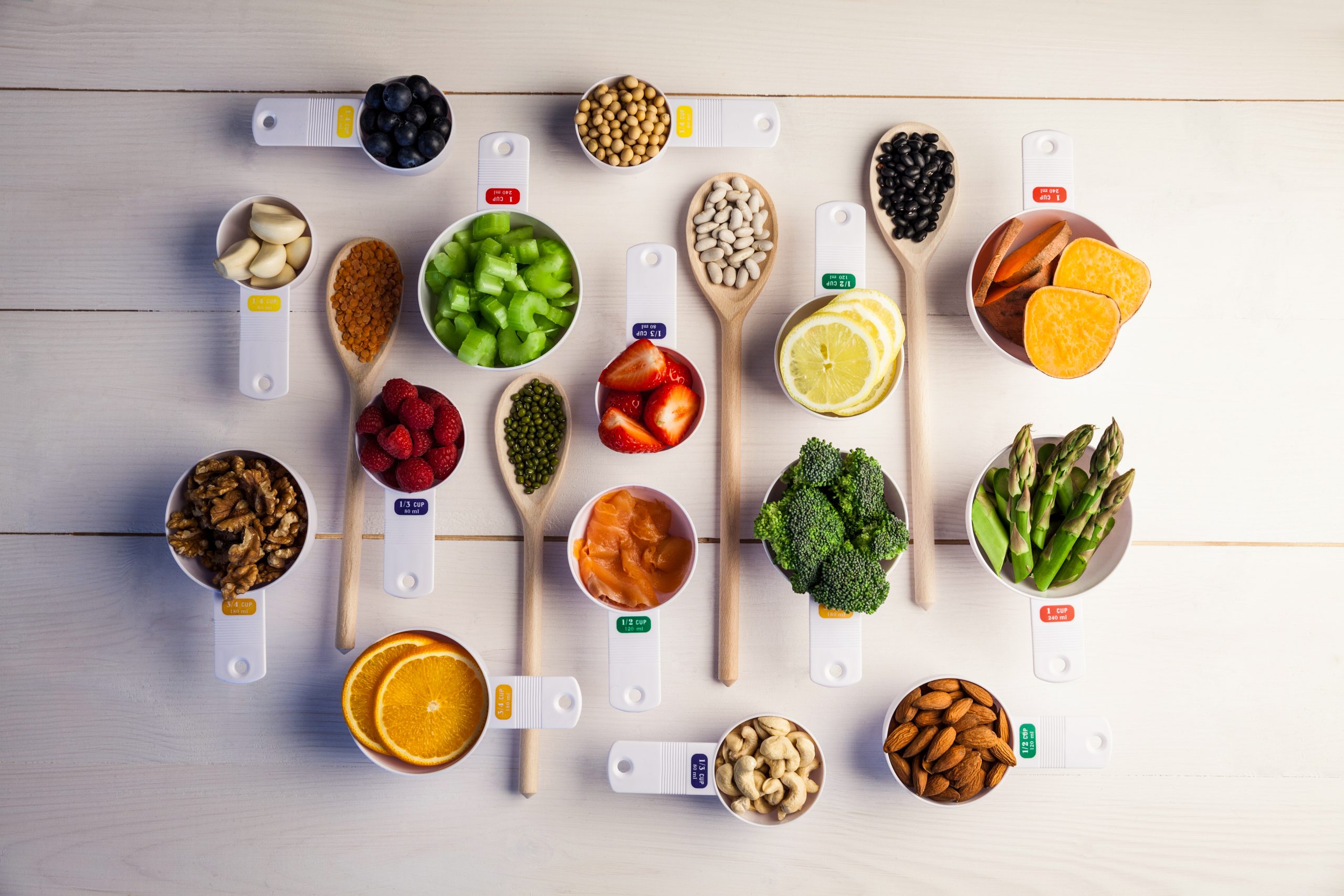Exploring Phytonutrients: Enhancing Eye Health Naturally
Introduction
In the quest for optimal eye health, a key player often overlooked is the role of phytonutrients. These natural compounds, found abundantly in fruits, vegetables, herbs, and other plant-based foods, offer a plethora of benefits, including supporting vision health. Understanding the significance of phytonutrients and their specific roles in eye health can empower individuals to make informed dietary choices for maintaining vibrant eyesight. This article delves into the world of phytonutrients and their remarkable impact on ocular wellness.
What are Phytonutrients?
Phytonutrients, also known as phytochemicals, are bioactive compounds synthesized by plants to protect themselves from environmental stressors such as UV radiation, pests, and diseases. While not considered essential nutrients like vitamins and minerals, phytonutrients exert powerful antioxidant, anti-inflammatory, and other health-promoting effects when consumed by humans.
Key Phytonutrients for Eye Health
- Lutein and Zeaxanthin: These carotenoids are abundant in leafy green vegetables like spinach, kale, and collard greens, as well as in egg yolks. Lutein and zeaxanthin accumulate in the macula of the eye, where they act as natural filters, protecting against harmful blue light and oxidative damage, thus reducing the risk of age-related macular degeneration (AMD) and cataracts.
- Beta-Carotene: Found in orange and yellow fruits and vegetables such as carrots, sweet potatoes, and bell peppers, beta-carotene is converted into vitamin A in the body, which is essential for maintaining healthy vision, particularly in low-light conditions. Vitamin A deficiency can lead to night blindness and other vision impairments.
- Anthocyanins: These flavonoids give berries, cherries, and grapes their vibrant colors and possess potent antioxidant and anti-inflammatory properties. Anthocyanins help protect the delicate blood vessels in the retina, improve blood flow to the eyes, and support overall retinal health, thus reducing the risk of diabetic retinopathy and other eye conditions.
- Flavonoids: Widely distributed in fruits, vegetables, tea, and cocoa, flavonoids exhibit antioxidant and anti-inflammatory effects that may help prevent retinal damage, reduce the risk of glaucoma, and improve visual function. Examples include quercetin in apples and onions, and catechins in green tea.
- Vitamin C: Abundant in citrus fruits, strawberries, kiwi, and bell peppers, vitamin C is a potent antioxidant that supports collagen synthesis in the eye’s cornea and blood vessels, promotes wound healing, and enhances immune function, thus reducing the risk of cataracts and other eye infections.
- Vitamin E: Found in nuts, seeds, vegetable oils, and leafy greens, vitamin E acts as a lipid-soluble antioxidant, protecting cell membranes from oxidative damage and reducing inflammation in the eye. Vitamin E supplementation may help slow the progression of AMD and preserve visual acuity.
Incorporating Phytonutrients into Your Diet
To reap the benefits of phytonutrients for eye health, consider the following dietary tips:
- Eat a variety of colorful fruits and vegetables daily to ensure a diverse intake of phytonutrients.
- Include sources of lutein and zeaxanthin, such as spinach, kale, corn, and eggs, in your meals regularly.
- Enjoy antioxidant-rich berries, cherries, and grapes as snacks or in smoothies and salads.
- Incorporate herbs and spices like turmeric, ginger, and cinnamon into your cooking for added flavor and health benefits.
- Consume nuts, seeds, and plant-based oils in moderation to boost your intake of vitamin E and other essential fatty acids.
Conclusion
Phytonutrients play a pivotal role in promoting eye health and protecting against age-related vision disorders. By incorporating a variety of colorful fruits, vegetables, herbs, and other plant-based foods into your diet, you can harness the power of phytonutrients to support optimal ocular wellness naturally. Coupled with regular eye examinations and other healthy lifestyle practices, a phytonutrient-rich diet can help preserve your vision and enhance your overall quality of life for years to come.
World Eye Care Foundation’s eyecare.live brings you the latest information from various industry sources and experts in eye health and vision care. Please consult with your eye care provider for more general information and specific eye conditions. We do not provide any medical advice, suggestions or recommendations in any health conditions.
Commonly Asked Questions
Phytonutrients offer significant benefits for eye health, but they may not prevent all eye diseases. However, they can reduce the risk of conditions like age-related macular degeneration and cataracts.
While supplements can be beneficial, obtaining phytonutrients from whole foods is generally recommended as they provide a broader spectrum of nutrients and antioxidants.
Yes, certain cooking methods like boiling can lead to loss of water-soluble phytonutrients, while others like steaming or sautéing may help preserve them. However, it’s essential to strike a balance between preserving nutrients and enhancing flavor.
In general, consuming phytonutrients-rich foods is safe and beneficial for health. However, individuals with certain medical conditions or allergies should consult their healthcare provider before making significant dietary changes.
While phytonutrients can support eye health and may slow the progression of certain conditions, they may not reverse existing eye damage. However, they can contribute to overall wellness and potentially improve symptoms.
Antioxidants, including phytonutrients, help neutralize free radicals and reduce oxidative stress in the eyes, thereby protecting against cellular damage and age-related vision decline.
Highly processed foods, sugary snacks, and foods high in trans fats may contribute to inflammation and oxidative stress, which can negatively impact eye health. It’s best to prioritize whole, nutrient-rich foods.
Absolutely! Introducing children to a diverse range of fruits and vegetables rich in phytonutrients from an early age can support their overall growth and development, including eye health.
Some studies suggest that certain phytonutrients, such as omega-3 fatty acids found in fatty fish and flaxseeds, may help alleviate symptoms of dry eye syndrome by reducing inflammation and supporting tear production.
Yes, foods like wild salmon, spinach, blueberries, carrots, and almonds are particularly rich in phytonutrients known to support eye health and may be included in a balanced diet for optimal vision support.
news via inbox
Subscribe here to get latest updates !







